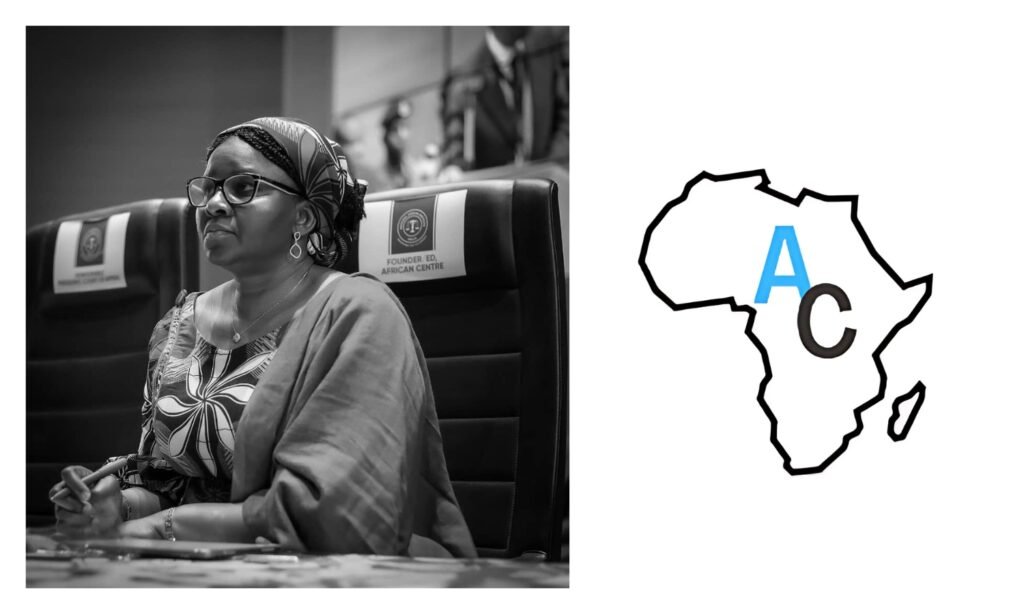
The Executive Director of the African Center for Governance, Asset Recovery and Sustainable Development, Juliet Ibekaku-Nwagwu, has emphasized the strategic importance of asset declaration systems in the global fight against corruption and money laundering. Speaking at the 11th Annual Commonwealth Caribbean Association of Integrity Commissions and Anti-Corruption Bodies (CCAICACB) Conference, she presented a thought-provoking paper titled “The Critical Role of Asset Declaration in Combating Money Laundering and Enhancing Asset Recovery Laws and Policies.”
During her virtual presentation, she defined assets in the broad context of the United Nations Convention Against Corruption (UNCAC) as including “movable and immovable property, tangible and intangible items, and legal documents that confer ownership or interest.” According to her, asset declaration forms a fundamental basis for “tracing, identifying, recovering, and returning stolen assets.” She also cited Article 8 of UNCAC, which mandates that countries implement systems requiring public officials to disclose employment-related information, financial interests, assets, liabilities, and any substantial gifts or benefits. “This level of transparency,” she stated, “not only promotes accountability but also reduces potential conflicts of interest among public officials.” She further expanded on Article 2 of UNCAC, noting that proceeds of crime include any property derived from or linked to criminal activities. “Assets can take various forms; houses, vehicles, shares, securities, bank accounts, or legal documents, and may be corporeal or incorporeal, movable or immovable,” she explained.
Highlighting the practical use of asset declarations in international investigations, Mrs. Juliet said: “In cross-border corruption cases, asset declaration data is indispensable. It allows law enforcement to trace, freeze, and recover stolen assets before they are laundered or transferred. It’s both a preventive and a prosecutorial tool.” She referenced notable international scandals, including the Uzbekistan and Philippines asset recovery cases, demonstrating how asset declaration frameworks could have mitigated the illicit flow of billions. She also highlighted Nigeria’s progress, citing the recovery of over $2 billion between 1998 and 2023, largely through effective inter-agency collaboration.
“Effective collaboration between asset declaration institutions, Financial Intelligence Units (FIUs), and Civil Society Organizations (CSOs) is essential,” she asserted. “While FIUs have legal authority and access to financial data, CSOs can fill information gaps, support monitoring, and ensure that recovered assets are used transparently and for the public good.” Mrs. Juliet acknowledged existing challenges, particularly in jurisdictions where asset declarations are classified as national security information. She warned that such secrecy hampers accountability and obstructs meaningful asset recovery processes.
During a robust Q&A session, the African Center E.D elaborated on the limited but critical role of civil society in asset recovery. “While CSOs may not initiate investigations, they play a vital role in monitoring the use of returned assets,” she said, referencing Uzbekistan’s model of asset monitoring. She also expressed willingness to share draft guidelines to strengthen CSO engagement in future recovery efforts. The session concluded with a strong consensus on the need for transparent, accessible, and internationally coordinated asset declaration systems, reaffirming the African Center’s commitment to fostering accountability, strengthening anti-corruption frameworks, and advancing asset recovery efforts across Africa and the Commonwealth.


